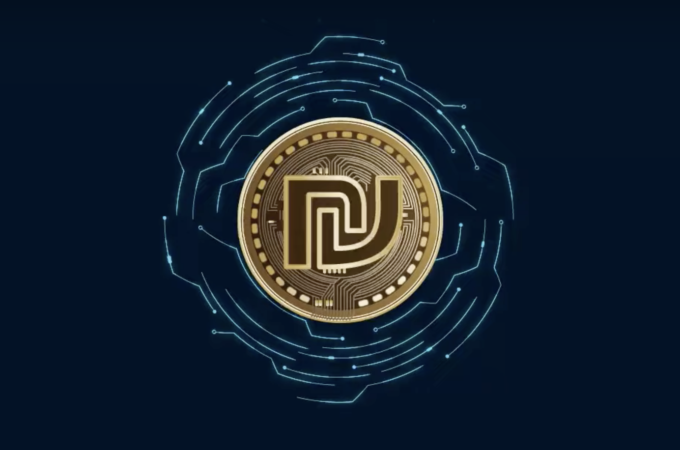
ECB Advances Digital Euro with €1.1 Billion Vendor Call
The European Central Bank (ECB) has recently issued five calls for applications, inviting vendors to play a crucial role in the development of the highly anticipated digital euro. This move comes as part of the ECB’s preparation phase, marked by an investment of up to €1.1 billion across various components of the digital currency framework.
The calls for applications target specific aspects of the digital euro project, emphasizing the ECB’s commitment to meticulous planning and collaboration with external providers. The primary goal is to establish framework agreements with the most qualified vendors, ensuring the Eurosystem’s readiness for the potential development of a digital euro. However, it is crucial to note that no decision to launch a digital euro will be made until the European Union’s legislative process concludes.
The five components under consideration reflect the ECB’s comprehensive approach to digital euro development:
- Alias Lookup Component: The digital euro aims to simplify payment transactions by introducing aliases, replacing cumbersome account numbers. This component seeks to manage aliases, allowing users and intermediaries to utilize simple identifiers for seamless transactions.
- Fraud and Risk Management Component: Acknowledging the importance of secure transactions, this component focuses on developing mechanisms to identify and prevent fraudulent activities, providing additional support for intermediaries in ensuring the integrity of digital euro transactions.
- App and Software Development Kit (SDK) Components: With an eye on user accessibility, this component envisions the creation of a digital euro app and an SDK. The goal is to support intermediaries in offering digital euro services through their own mobile apps and online interfaces, fostering a user-friendly and adaptable ecosystem.
- Offline Services Component: Arguably the most substantial allocation in the budget, this component, with a maximum value of €662.1 million, addresses the challenge of offline transactions. It aims to provide an offline bearer payment instrument, a critical aspect requiring careful engineering and development services.
- Secure Exchange of Payment Information Component: Focusing on information security, this component aims to convert transactional and sensitive information into a secure form at the request of an intermediary, ensuring the confidentiality and integrity of payment-related data.
The ECB’s meticulous approach is not limited to vendor calls. The Rulebook Development Group (RDG) within the ECB has been actively shaping the rulebook for digital euro payments. This includes rules, standards, and procedures, providing a glimpse into the technical intricacies of central bank digital currency design.
As the digital euro moves into its preparation phase, spanning two years, the ECB remains committed to finalizing rules, conducting experiments, and gathering feedback. Simultaneously, a legislative framework is under design, underscoring the ECB’s dedication to a methodical and transparent process.
While the digital euro’s launch decision hinges on the completion of legislative processes, the ECB’s strategic vendor calls signal a proactive stance, engaging expertise to ensure a robust and secure digital currency framework. The outcome of these initiatives will undoubtedly shape the future of digital finance in the eurozone, setting standards for user experience, security, and interoperability.





